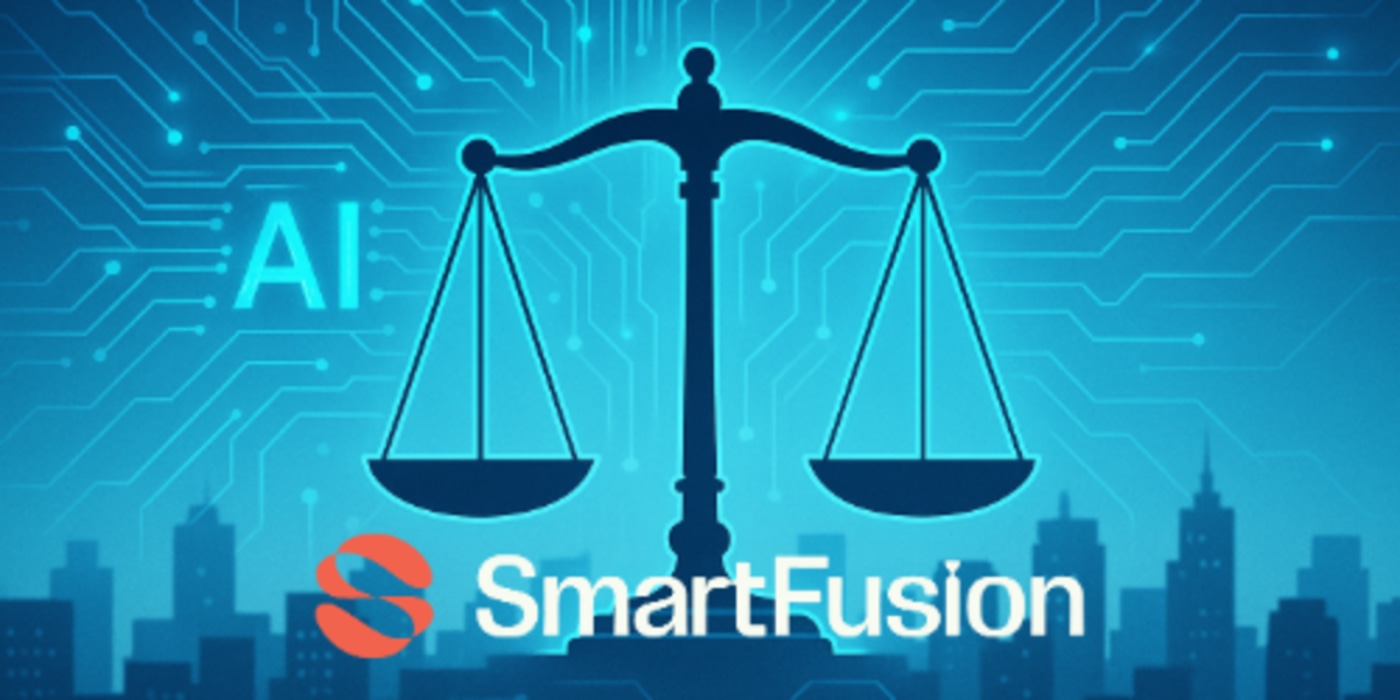Back to Resources
Predictive Policing with AI: The Case for Accountability and Oversight
Blog
September 24, 2025

Predictive Policing with AI: The Case for Accountability and Oversight
Why ethical safeguards, transparency, and public input are essential when using AI in law enforcement.
Artificial intelligence is already playing a role in public service. One area drawing close attention is predictive policing. This approach uses past crime data to estimate where future problems might occur. The idea is to help law enforcement decide where to place their focus. While it may sound useful, this method raises serious questions.
The Risk of Repeating Past Mistakes
Predictive policing systems depend heavily on historical data. If that data is flawed, biased, or incomplete, the AI reflects those problems. For example, if certain communities were policed more heavily in the past, the AI will likely recommend even more enforcement in those same areas now. That does not solve the issue, it repeats it.
Accountability Needs to Come First
These AI tools are often developed and applied without clear explanations. Citizens do not always know how decisions are being made or what data is being used. Without transparency, public trust weakens. Communities begin to question whether these tools serve fairness or simply convenience.
The article strongly supports the idea of outside oversight. Having independent groups check how the software operates brings more honesty into the process. It also adds another layer of protection for legal and constitutional rights.
Jessica Blackwell, Sales Executive at SmartFusion, captured the concern well:
“Article discussed how even though AI is a part of the present and future, using AI driven software (in this case for police) needs to be held to accountable adhering to legal, ethical, and constitutional stipulations.”
That reflection applies to all public systems using AI, not just policing.
Community Input Should Not Be Optional
Public involvement matters. When people know what tools are being used and how they work, they can speak up when something seems unfair. Local voices bring clarity to what is often a technical or distant process.
Final Thought
AI tools in policing may offer new ways to support law enforcement. But without accountability, transparency, and oversight, the same old problems stay in place. Technology should support equal treatment under the law. Anything less puts public trust at risk.
